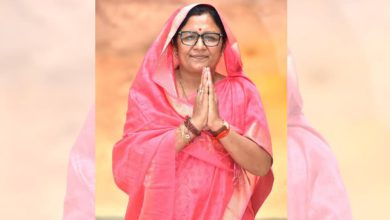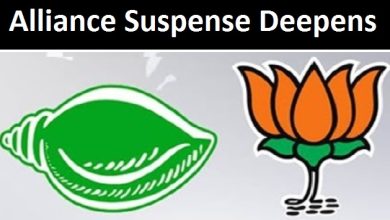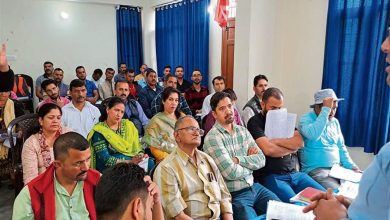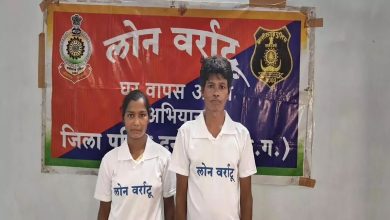Rukmini’s Arunachal connection: Narrative of myths, nationalism and political brownie point

In recent times, attempts are being made to link Arunachal with the rest of India by spreading a myth that goddess Rukmini belonged to the Idu Mishmi tribe of Arunachal. Ever since the BJP government came to power at the Centre and in the state, it has taken this propaganda to a new level. In 2018, during the Madhavpur Ghed fair conducted in Porbandar in Gujarat, they highlighted the ‘journey of Lord Krishna and Rukmini’ from Arunachal to Gujarat. Several participants from Arunachal were also part of the programme.
However, the Idu Mishmi community itself is not convinced about this story of linking them with Rukmini. In fact, in 2023, the Idu Mishmi Cultural and Literary Society (IMCLS), the apex body of the Idu Mishmi tribe, responding to the proposal for conducting a ‘Bhismaknagar festival’, urged the state government not to emphasise on Rukmini’s connection, saying that there is not enough scientific and historical evidence to connect her with the tribe and the place.
“We urge the government not to promote events that will dilute the indigenous cultural heritage of the tribe of the region,” it wrote to the government.
Razzeko Delley, an assistant professor at Jomin Tayeng Government College here, who belongs to the Idu Mishmi community, has conducted in-depth research on the claims that Rukmini belonged to the Idu Mishmi tribe. In 2018, he published a research paper, detailing insightful research into the Rukmini-Bishmaknagar-Idu Mishmi connection in a journal named Social Science Researcher, published by the Lakhimpur Autonomous College.
“The Rukmini-Bishmaknagar-Idu Mishmi connection is not validated by substantial evidence. However, the narrative has evolved out of historical circumstances, myth, literature, culture and geographical location of the place and people. Probably it may be difficult to ascertain the exact source of the belief. This, indeed, is true with most of the mythic narratives as they have multiple versions. The fantasy stories which may be woven around historical characters or real places, however, cannot be claimed as historical facts,” he wrote in his findings.
He noted also that this attempt may have something to do with Chinese claims over Arunachal. “Apart from the cultural aspect, the Indian government it seems is building the narrative to counter the malicious Chinese claim over the region. The concept of ‘Akhand Bharat’ (united India) is to show the world that the whole India is one, culturally integrated since the earliest times. The speeches of the governor and the chief minister of Arunachal echoed these sentiments during the Madhavpur Ghed fair,” writes Delley.
In his paper, Delley further writes that, for the Idus, the myth is not a new phenomenon, and that it has been prevailing since the past many years. He suggested that the myth of Rukmini being from the Idu Mishmi tribe perhaps originated from Assam.
“According to the Mahabharat, Rukmini’s father, Bhishmak, the king of Kundinpur or Kundina, is assumed to be in Vidarbha region. However, according to another tradition, especially in Assam, people believe that the kingdom of Bishmak was actually Kundil situated by the bank of the river by the same name. Probably, the same belief might have made the 16th century Vaishnavite saint Sankardev refer to Kundil instead of Kundinpur or Kundina in his poetic drama Rukmini Haran (Saikia, 1988). The poetic drama was based on the Puranas and Harivamsa, but Sankardeva localised the literature and infused in it many Assamese cultural aspects to make it appealing to his people. Since then, this belief has prevailed in much of Assamese folk culture and literature,” wrote Delley.
However, he also made it clear that the Idu Mishmi community seems ambiguous on the subject as the sources of the belief – the Mahabharat and the Puranas – are mythologies which make it difficult to study scientifically.
Further, he also alleged that politicians in the state are propagating this myth to please the RSS and the BJP with a motive to score political brownie points.
There are some who think there is nothing wrong in accepting this myth. “This helps us to develop some kind of connection with the rest of India. This in a way will help the process of mainstreaming us,” said a local resident who did not wish to be named.





